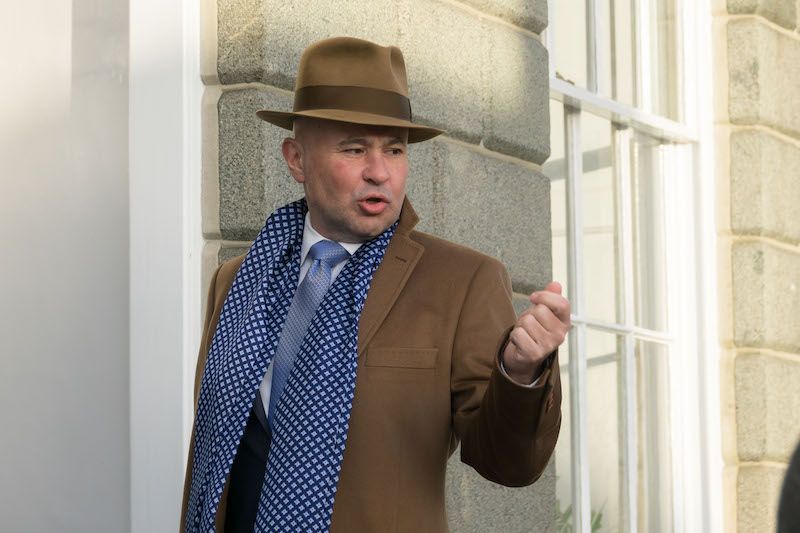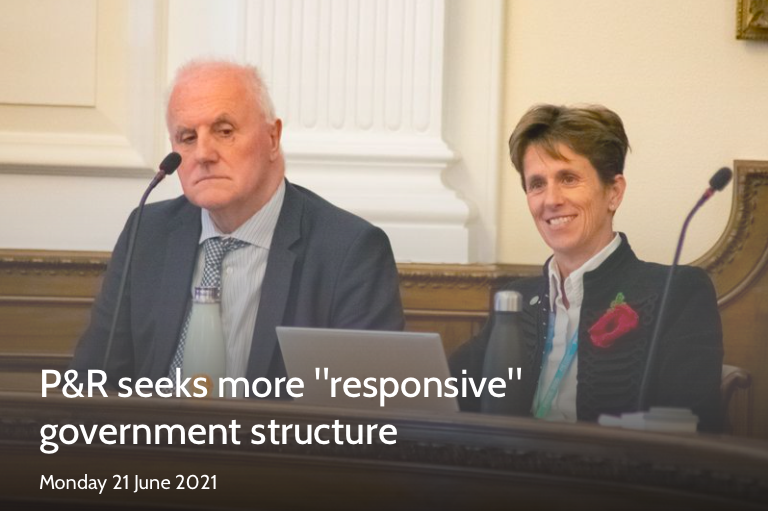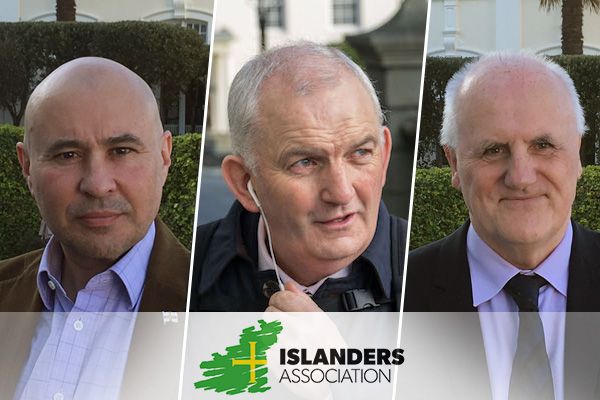


It would be premature to make significant changes to Guernsey's government during this political term without a properly developed party system, according to the politician in charge of States Rules and Procedures, who says it could create a "democratic deficit".
The States Assembly & Constitution Committee will be tasked with reviewing the machinery of government alongside Policy & Resources this term after the senior committee listed the work as a political priority.
Guernsey's Chief Minister, Peter Ferbrache, and his Deputy, Heidi Soulsby, are both known to support executive government and believe there is wider support across the States for a system they say will be more "proportionate and responsive".
Sacc President Carl Meerveld - a staunch campaigner for island-wide voting and founder of the Islanders Association - said that a more executive style of government depends on the development of party politics.
"I campaigned for island-wide voting and I always said it would lead to parties emerging. In doing so, I would have expected that to lead to more executive government. That might be the case in the long-term but it needs to be something that grows organically over time as parties become more mature."

Deputy Meerveld said both the Guernsey Party and Guernsey Partnership of Independents were formed from the "top-down" - essentially meaning that they were set up by political candidates - rather than developed "from the ground up".
This, he claimed, was the intention of the Islanders Association; to develop a membership who would go on to democratically elect their candidates and remove them from their party position if they strayed from the agreed manifesto.
Deputy Meerveld's political revolution did not materialise, with the Islanders Association ultimately fielding no candidates in the 2020 Election.
The absence of such a political system, he says, shows that Guernsey lacks the regulation and internal party governance to properly introduce a more executive style of government.
"If you were to put in executive powers, then you don’t currently have the ability to remove those powers. That would be very dangerous with executive government. You could end up with mavericks potentially making very bad decisions without the checks and balances."
"Whilst we do need to look at changing the rules, to make a move to executive government at this stage would be premature."

Pictured: Deputy Meerveld, left, retains belief in the Islanders Association, which was originally launched alongside Joe Mooney and Peter Ferbrache. They eventually broke away to form their own association - the 2020 Association - which fielded no candidates in last year's election.
Deputy Meerveld said party politics remains in its infancy and may take "two or three terms" to develop enough to support executive government.
"The Covid-19 pandemic has demonstrated what can be achieved by a responsive, proportionate and transparent administration," it argued, in an allusion to the decision-making powers held by the Civil Contingencies Authority.
"The States will need to learn from these lessons to meet future challenges and maximise opportunities whilst maintaining effective representation, collaboration and accountability within its government structure."
Ensuring representation would be the major challenge, according to Deputy Meerveld, who believes it could lead to a "democratic deficit". The CCA is also a bad template on which to base new government structures, he stated.
"It is not necessarily appropriate because the CCA had a single issue to deal with and focus on, whereas the role of the States in Guernsey’s society is so broad. So how can those deputies [with executive powers] truly monitor all of the things that go on across the States' mandate?
"You are effectively handing more control to senior civil servants."
States CEO Paul Whitfield recently announced his own desire to see "smaller government" at an IoD breakfast seminar. He claimed that working "with a board of 38" was not as effective as the streamlined version of government he had worked with during the pandemic on the CCA.
Comments
Comments on this story express the views of the commentator only, not Bailiwick Publishing. We are unable to guarantee the accuracy of any of those comments.